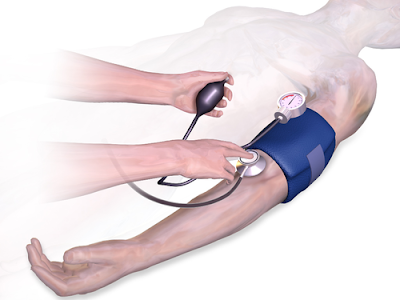what to do when you love your partner but are not in love with them
I Love You, But I'm Not In Love: The Brutal Truth & Your Next Move
Let's get one thing straight: the silence between you has gotten louder than the words. You share a bed, a fridge, maybe even a dog, but you’re living in different time zones. You love them like you love your own history—a comfortable, undeniable part of who you are. But that frantic, can’t-breathe, electric-shock feeling of being in love? It’s a ghost haunting the hallways of your relationship. And the guilt is eating you alive.
I get it. You look at this person who has done nothing wrong—this good, kind person you’ve built a life with—and you feel like a complete fraud. The "I love you" slips out from muscle memory before you get in the car or hang up the phone, but the words feel hollow, like a currency you no longer have the gold to back. You’re not fighting. There’s no big drama. There is only this quiet, creeping numbness. This is emotional purgatory, and pretending it’s a sustainable paradise is the cruelest lie you can tell—mostly to yourself.
The Anatomy of the Slow Fade
Before you brand yourself a monster, understand what's happening. The Ancient Greeks weren’t fools; they had multiple words for love because they knew it wasn't a monolithic feeling.
Science backs this up. The initial, dizzying phase of a relationship is a potent cocktail of dopamine and norepinephrine, chemicals that fire up the brain's pleasure centers.
Your Brutally Honest Relationship Audit
Comfort is the most dangerous drug in a long-term relationship. It makes you complacent. It's time to disrupt the comfortable silence and ask the questions you’ve been swallowing down with your morning coffee. This isn't about blame; it's about diagnosis.
Is it Boredom or a Fundamental Mismatch? Did the fire die from neglect, or was it never built to last? Differentiate between a routine that needs shaking up and a core incompatibility you’ve been ignoring. Novelty can cure boredom.
You can't cure being with the wrong person. Are You Mourning the Past or Rejecting the Present? Are you actually unhappy with the person they are now, or are you just addicted to the memory of the person they were—and who you were—when you first met? People change. The question is, did you grow together or just grow in the same house?
What Have You Done to Fix It? And I mean really done, beyond suggesting a half-hearted "date night." Have you been vulnerable? Have you said, "I feel disconnected from you, and it scares me"? Have you taken ownership of your own numbness? Or are you just passively waiting for a spark to magically reappear?
"The opposite of love is not hate, it's indifference." — Elie Wiesel
The Crossroads: Reignite or Release?
You have two paths forward, and both require more courage than you’re currently showing. Staying in this limbo is the coward's choice.
Path 1: The Work of Reignition
If your audit reveals a good foundation that's just been suffocated by routine, you can choose to rebuild. But this isn't about grand romantic gestures. It's about deliberate, consistent, and sometimes awkward effort. It's about creating new data points for your relationship. Research from the Gottman Institute, a leader in relationship analysis, consistently shows that successful long-term couples actively nurture fondness and admiration.
Path 2: The Honorable Exit Sometimes, the most loving act is to let go. If you know, deep in your bones, that the connection is severed beyond repair, then staying is a slow-motion betrayal for both of you. You are occupying a space in their life that could be filled by someone who is in love with them. And they are doing the same for you. An honorable exit is clean, honest, and excruciating. It avoids the drawn-out death of a thousand cuts, the resentment that builds, and the eventual, explosive collapse. It's a painful surgery, but it offers both of you a chance to heal and find a love that is whole.
Final Thoughts
There is no easy answer here, no five-step listicle that will fix the hollow space in your chest. This moment is a defining crossroads. Choosing to stay and do the hard work of reconnection is a valid choice. Choosing to leave with respect and honesty is also a valid choice. The only unforgivable option is to do nothing—to let the silence grow, to let the days bleed into years, and to allow two good people to slowly turn into resentful roommates. Stop honoring the ghost of what your relationship used to be and start dealing with the reality of what it is today. That’s where your real power lies.
— Herbs of Ra 🌿



Comments